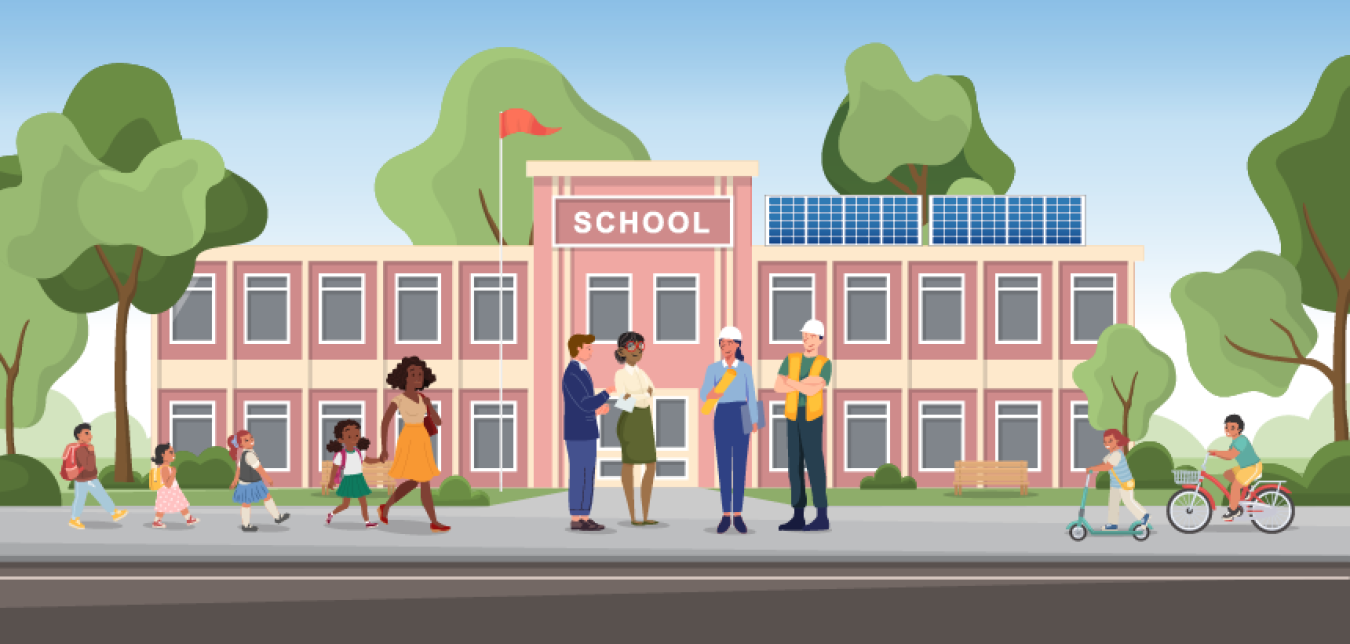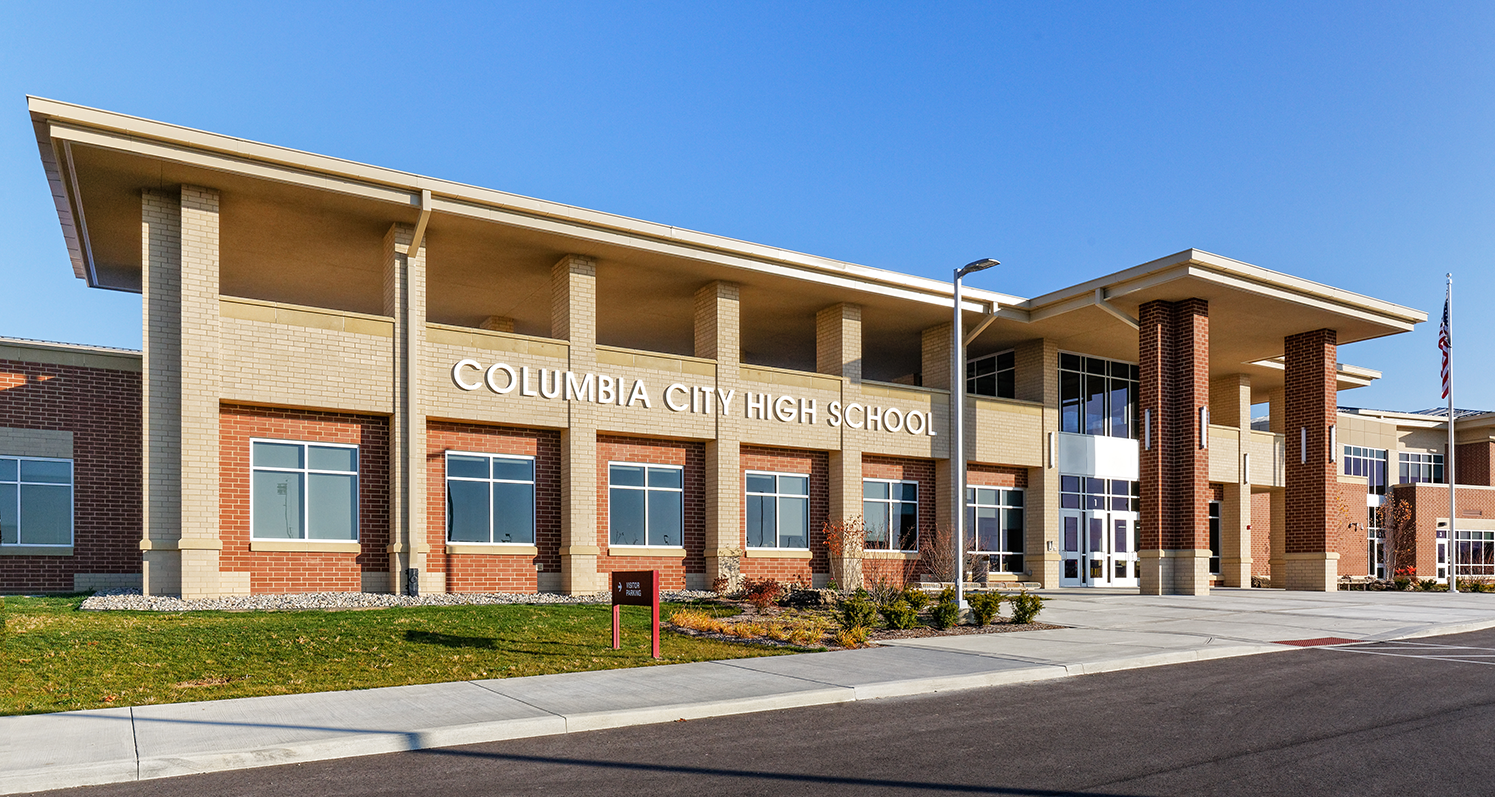Just How Schools Play a Vital Duty in Shaping Future Leaders and Innovators
By integrating project-based knowing and interdisciplinary researches, instructional institutions test students to assess and manufacture intricate information. Educators serve as coaches, leading trainees and supporting their capacity, while extracurricular tasks additionally develop management skills and resilience.
Cultivating Vital Believing
In today's rapidly progressing world, promoting essential believing within universities has actually come to be paramount. As society grapples with increasingly complicated global obstacles, the capacity to assess, examine, and manufacture details is crucial. Schools play a critical duty in creating these abilities, preparing pupils to browse and attend to complex troubles with informed, reasoned choices.
To cultivate critical reasoning, educators employ different instructional approaches that urge active understanding and intellectual engagement. Classroom conversations, problem-based learning, and Socratic questioning are important in promoting logical and reflective mind. By challenging students to interrogate assumptions and consider multiple point of views, these methods guarantee a deeper understanding of subject issue past memorizing memorization.
Furthermore, integrating essential assuming across the curriculum enhances its significance and applicability in varied contexts. Topics such as mathematics, scientific research, background, and literary works each deal distinct opportunities to create pupils' essential professors. As an example, analyzing historic events requires understanding and reviewing sources context, while clinical inquiry needs rigorous hypothesis testing and evidence-based reasoning.
Ultimately, instilling important believing skills in pupils equips them with the cognitive devices necessary for long-lasting learning and flexibility. It is with this foundational skills that future leaders will certainly have the ability to introduce, resolve problems, and contribute meaningfully to culture.
Encouraging Imagination
Embracing imagination within academic structures galvanizes pupils to assume past standard boundaries and discover innovative options. By incorporating artistic ventures and creativity workouts into the educational program, schools cultivate an atmosphere where creativity and creative thought are valued. This approach not only enriches the instructional experience yet also equips students with the ability to tackle real-world obstacles in unique ways.
University can foster creative thinking via varied means such as project-based learning, interdisciplinary studies, and the unification of arts and technology. Project-based understanding, as an example, urges students to use their expertise in sensible, frequently collaborative, jobs that require creative analytic skills. Interdisciplinary research studies allow trainees to attract links between various subjects, thus expanding their viewpoints and improving their creative capacities.
Additionally, offering students with chances to involve with emerging innovations, such as coding and digital design, better supports their innovative possibility. These tasks trigger trainees to experiment, fail, and iterate, which are vital parts of the innovative procedure (Save Temecula Schools). By preserving a helpful atmosphere where testing is motivated, colleges can make certain that pupils establish the self-confidence to seek cutting-edge ideas
In essence, nurturing creative thinking in instructional setups is crucial for shaping future leaders and pioneers efficient in dealing with complex international concerns with resourcefulness.
Encouraging Partnership

Executing group-based discovering modules and cooperative projects enables trainees to experience the dynamics of synergy firsthand. This not only prepares them for the joint nature of contemporary work environments however likewise nurtures management high qualities as they often have to tackle functions such as job supervisors or group organizers. In addition, collaboration in the classroom can damage down social barriers and advertise inclusivity, guaranteeing that each pupil really feels valued and listened to.
Moreover, incorporating technology can further sustain collaborative efforts. Devices like shared digital work areas and interactive systems make it possible for pupils to work with each other effectively, even outside the class. As trainees develop these collaborative skills, they are better outfitted to take on complicated obstacles and innovate, laying the groundwork for their future duties as innovators and leaders.
Function of Educators as Coaches

Mentorship entails customized interest, where instructors identify and support individual strengths and address weak points. Save Temecula Schools. Through individually interactions, instructors can tailor their guidance and support to satisfy each student's unique demands, fostering a sense of self-confidence and resilience. This special info customized method grows a growth frame of mind, urging trainees to see failures as possibilities for learning and development
Additionally, educators act as function designs, showing the values of honesty, willpower, and empathy. Their activities and perspectives supply a blueprint for trainees to mimic, instilling a sense of ethical obligation and social awareness. By creating a inclusive and helpful class environment, teachers allow trainees to establish interpersonal skills that are crucial for effective management.
Essentially, my explanation the mentorship given by teachers lays a fundamental framework for the advancement of future leaders, outfitting them with the expertise, abilities, and values required to excel in an ever-evolving globe.
Impact of After-school Activities
When incorporated effectively into the academic framework, after-school activities substantially enhance student development and leadership possibility. These activities supply trainees with chances to discover interests beyond the conventional curriculum, promoting a versatile capability. Clubs, sporting activities teams, and arts programs grow necessary high qualities such as team effort, time monitoring, and resilience. Engagement in these activities usually needs students to tackle obligations, thereby supporting their management abilities.
Furthermore, extracurricular participation motivates imagination and development. Trainees involved in argument, songs, or drama clubs discover to believe critically and technique troubles from varied point of views. These experiences impart self-confidence, making it possible for trainees to voice their concepts and take effort in various setups. By working together with peers from different backgrounds, pupils additionally establish compassion and communication abilities, necessary attributes for future leaders.
After-school activities also play an essential role in scholastic performance. Research shows that pupils associated with such programs tend to have higher grades and much better participation records. These activities supply a healthy and balanced outlet for anxiety, contributing to overall wellness. Therefore, schools that focus on a balanced strategy to education, integrating robust extracurricular programs, are most likely to generate innovators and leaders outfitted to satisfy the challenges of the future.

Conclusion
To conclude, institutions significantly shape future leaders and trendsetters by supporting essential reasoning, creativity, and partnership amongst students. Involving pedagogical strategies such as project-based discovering and interdisciplinary studies play a vital duty in this growth. Educators, serving as advisors, give crucial support and support, while extracurricular activities further boost leadership prospective and durability. By cultivating a supportive environment that values private staminas and teamwork, institutions equip students with the needed abilities to browse future challenges and drive development.
As students develop these collaborative skills, they are better geared up to deal with complicated difficulties and innovate, laying the foundation for their future roles as leaders and innovators.
By cultivating essential thinking and analytical abilities, teachers aid trainees navigate complicated difficulties, preparing them for management roles in numerous fields.
By working together with peers from different backgrounds, students likewise establish compassion and interaction skills, important traits for future leaders.
In verdict, colleges dramatically shape future leaders and pioneers by supporting vital reasoning, creative thinking, and partnership amongst trainees. By useful site promoting a helpful atmosphere that values private staminas and teamwork, schools furnish pupils with the required abilities to browse future difficulties and drive advancement.